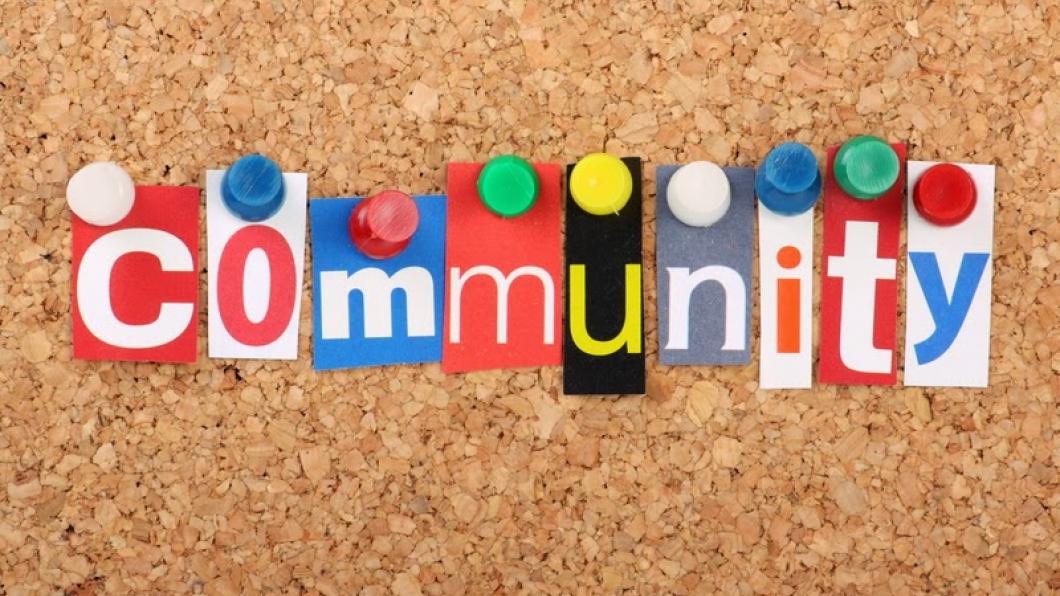
They are us
Last year I heard Dr. Paul Browde speak about how marginalized people are often reduced to one story, one stereotype, one dimension.
Browde is a psychiatrist and assistant clinical professor at the New York University. He's also HIV-positive. Decades ago, as a newly qualified psychiatrist on an AIDS hospital unit, he remained silent in a meeting when a doctor referred to patients as SHPOS: "subhuman pieces of shit."
It was a few years before he shared his diagnosis and his story, first at a presentation at the American Psychiatric Association, then with his colleagues, and, when helpful, with his patients.
Browde, speaking at an international conference on the use of storytelling in health care, said a good life is one that can be richly described, one about which many stories can be told.
But, there are people "whose lives are reduced to one story, or a few habitual ways of describing their lives," he said. "I saw this particularly in people with intellectual disabilities who are reduced to the story of a diagnosis or of being disabled."
We don't allow these folks to have many stories.
Case in point. Last Thursday, at a meeting to discuss neighbours' concerns about police and emergency calls to a new Etobicoke group home for teens with autism and learning and emotional problems, including depression and anxiety, Councillor Doug Ford said: "You've ruined the community."
He asked Griffin Centre, the agency operating the home, to relocate the teens, saying "no one told me they'd be leaving the house." He also asked whether any of the youth were sex offenders (they're not). A neighbour said: "This is not a place for mental patients."
Bingo. That tired old story about kids who have autism, kids who have mental health issues, kids who have disabilities. Kids who are different, kids who Ford says aren't us.
As a medical student, Browde says he was trained to think of physicians as invulnerable. "Until my own diagnosis, I viewed illness as something that happened to others."
Dr. Browde said it was his narrative therapy training that led him to see the clinical value of understanding "what it means to be a patient...You could call this empathy. The ability to imagine being in the shoes of someone else."
Empathy. Yes, that's what was so lacking at Ford's meeting to discuss the group home.
Memo to Councillor Ford: Youth with autism are our brothers and sisters, our family members, our friends. People with depression and anxiety are us. I've had severe clinical depression. I have a son with disabilities. Why, you yourself have a brother with an addiction, which is a mental illness according to the American Psychiatric Association's diagnostic manual.
We have a few group homes here in my neighbourhood of Riverdale, and our property values are rising, not falling.
Why didn't you go to that meeting and ask the Griffin Centre staff to share stories about the teens who live there? Not their clinical diagnoses, but who they are as people, what they enjoy in life, what their hopes are?
Why didn't you organize a meeting where the staff could educate the homeowners about autism, mental health issues and developmental disability?
Why didn't you ask the neighbours to work with Griffin Centre and the youth to make the teens feel welcome and worthy rather than feared and despised?
Why didn't you ask the neighbours to call the Griffin staff directly when they have a concern?
Why didn't you ask the neighbours to be patient as this new home goes through its growing pains, in the same way you expect the citizens of Toronto to have compassion for our mayor?
Why didn't you allow those teens to be more than a stereotype?